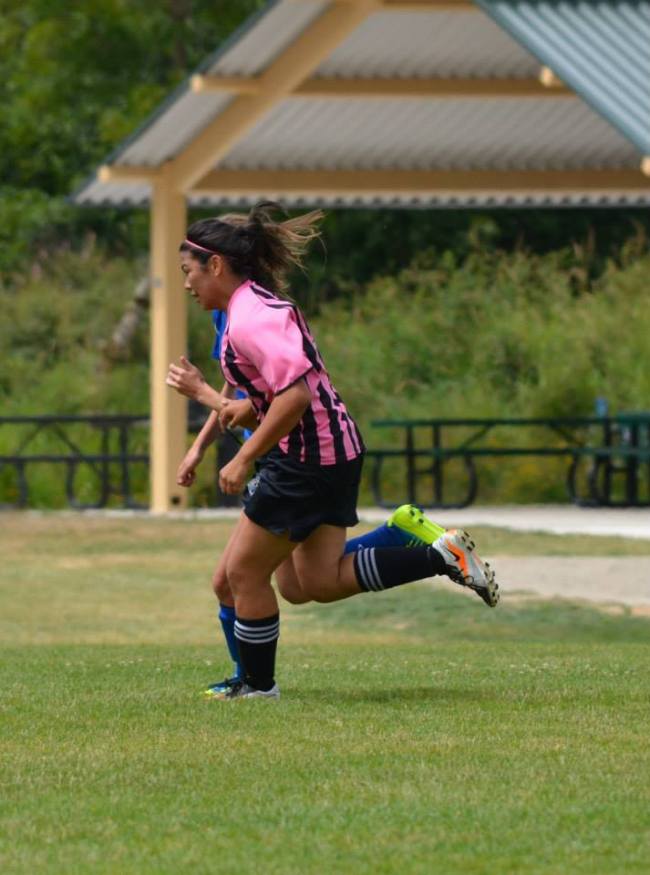I (Kelli) could feel my heart begin to beat harder. I’m sure there was sweat forming on my brow. My high school freshmen daughter was sharing the discussion her teammates were having on the bus ride home from their game. The conversation had been graphic and sexual. She had questions about what these girls were saying. She was trying to process all she had heard. I kept thinking, “This isn’t exactly how I wanted her to learn about these matters.”
Maybe you’ve experienced something like this or maybe you’re worried one day you will. What do we do when our teenagers come to us with “shocking” information? Like the time my son told us kids at school had offered him drugs. What do you say?
Parenting exposes us in so many unique ways. Sometimes the things our teens present us will push on areas we might be struggling with or feel inadequate in or simply unprepared to address.
I am way better if I have a chance to process with David and think through my responses. But sometimes, like on this occasion with my daughter, I didn’t have time for either. She wanted to know truth. And it’s not that we hadn’t considered the tension in teaching sexuality because we certainly had. But suddenly I was presented with a hard conversation and no time to prepare.
When these moments happen, and they will, here are five questions to have ready. They will help your teen process what is going on and more importantly help them begin to learn how to process independently. After all, the goal is for our teens to be self-governing and be able to navigate these waters without us (but that’s a topic for another blog). Keep in mind this isn’t an exhaustive list. These will just help get you started.
- What do you think is the right thing to do?
- What parts of this can you own?
- How can dad and I help you?
- What does God think? Do you mind if I pray for you?
- What do you think dad and I think about this and why do you think we have landed there?
Again, there are certainly more and perhaps better questions. The point is, how we respond when our teen comes to us will determine whether or not they come back the next time. Practice saying, “That’s interesting, tell me more,” and “thank-you for inviting us into this with you.”
This privileged place is not permission to lecture or to tell our kids what to think, but rather to really listen and learn what they are saying to themselves about what has happened. How much better when they ask us, “Mom, dad, what do you think?”
And remember, it’s not just behavior we are after, we are after the heart of our teen, and that too is a topic for another day. What has been the most shocking news your teen has brought to you? What did you do when it happened? We’d love to hear from you.
